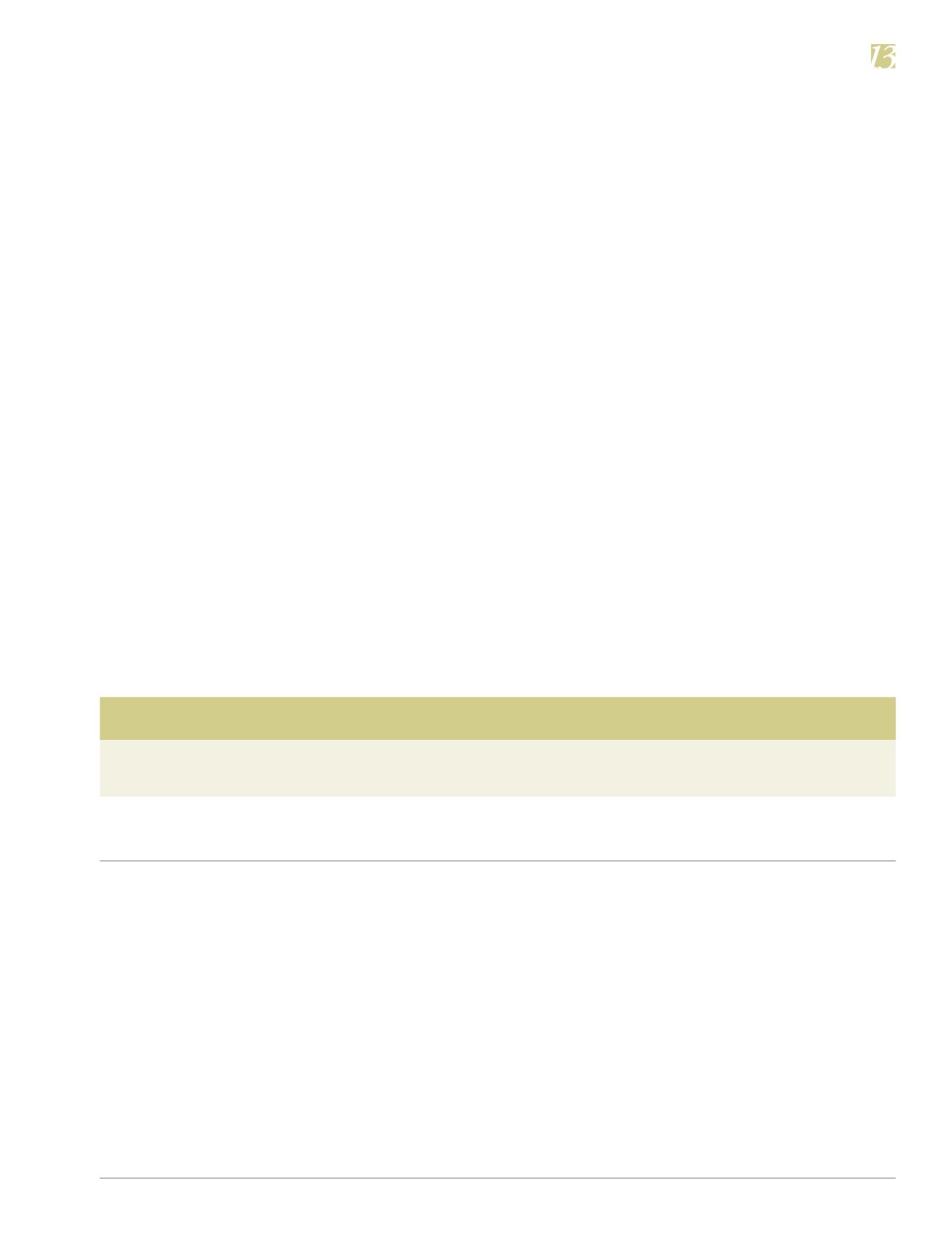

197
toll free 800.334.5214 ACME ELECTRIC |
hubbell-acmeelectric.comEnclosure Definitions And Classifications Technical Data
E l e c t r i c a l E n c l o s u r e s
ENCLOSURE DEFINITIONS AND CLASSIFICATIONS
Industry Definitions
The National Electrical Manufacturers Association (NEMA) is a US Manufacturers Organization which actively promotes
standardized product specifications for electrical apparatus.
While NEMA does not actually test products, it establishes the performance criteria for enclosures intended for specific
environments.
NEMA standards describe each type of enclosure in general and functional terms, and specifically omits reference to
construction details. In other words NEMA specifies what an enclosure must do, not how to manufacture it. This is also
true about the EN 60.529/IEC 529.
NEMA performance criteria and test methods are used by Underwriters Laboratories (UL) and Canadian Standards
Association (CSA) as guidelines for investigation and listing of electrical enclosures.
The tested enclosures are then authorized to carry a label by UL or CSA to prove it has passed the required tests and
meets the applicable UL and CSA standard.
NEMA CLASSIFICATIONS
DEFINITIONS – NON-HAZARDOUS LOCATIONS
Type 3
Enclosures are intended for outdoor use primarily to provide a degree of protection against windblown dust, rain, sleet,
and external ice formation. NEMA Standard 1-10-1979.
Type 4X
Enclosures are intended for indoor or outdoor use primarily to provide a degree of protection against corrosion,
windblown dust and rain, splashing water, and hose-directed water. NEMA Standard 1-10-1979.
ENCLOSURES TYPES NON-HAZARDOUS LOCATIONS
Type
Designation
National Electrical Manufacturers Association (Nema Standard 250)
and Electrical and Electronic Mfg. Association of Canada (EEMAC)
Underwriters Laboratories Inc.
(Ul 50 And Ul 508)
Canadian Standards Association
(Standard C22.2 No. 94)
3R
Enclosures are intended for outdoor use primarily to provide a
degree of protection against falling rain and sleet; undamaged by the
formation of ice on the enclosure.
Outdoor use to provide a degree of protec-
tion against falling rain; undamaged by the
formation of ice on the enclosure.
Indoor or outdoor use; provides a degree of
protection against rain and snow; undam-
aged by the external formation of ice on the
enclosure.
4X
Enclosures are intended for indoor or outdoor use primarily to
provide a degree of protection against corrosion, windblown dust
and rain, splashing water, and hose-directed water; undamaged by
the formation of ice on the enclosure.
Either indoor or outdoor use to provide a
degree of protection against falling rain,
splashing water, and hose-directed water;
undamaged by the formation of ice on the
enclosure; resists corrosion.
Indoor or outdoor use; provides a degree of
protection against rain, snow, windblown dust,
splashing and hose-directed water; undamaged
by the external formation of ice on the
enclosure; resists corrosion.
This material is reproduced fromNEMA. The preceding
descriptions, however, are not intended to be
complete representations of National Electrical
Manufacturers Association standards for enclosures
nor those of the Electrical and Electronic
Manufacturers Association of Canada.
This material is reproduced fromUnderwriters
Laboratories Inc. Standard for Safety for
Cabinets and Boxes, UL 50, Copyright 1997
and Industrial Control Equipment, UL 508,
Copyright 1996 by Underwriters Laboratories
Inc.
Underwriters Laboratories Inc. (UL) shall not
beresponsible to anyone for the use of or
reliance upon a UL Standard by anyone. UL
shall not incur any obligation or liability for
damages, including consequential damages,
arising out of or connection with the use,
interpretation of, or reliance upon a UL
Standard.
This material is reproduced from the Canadian
Standards Association.


















